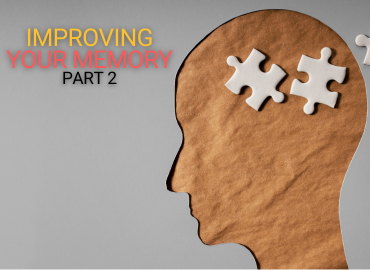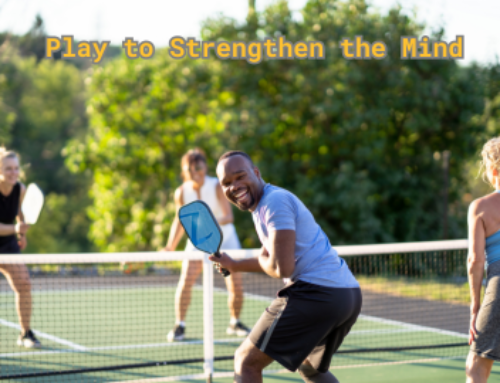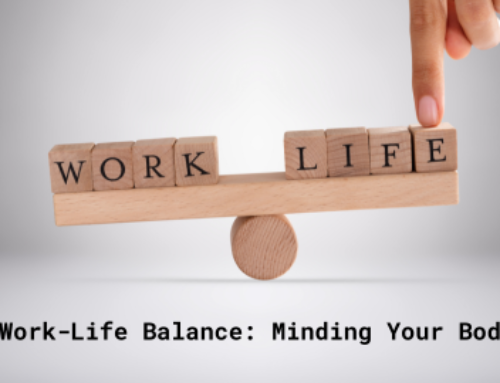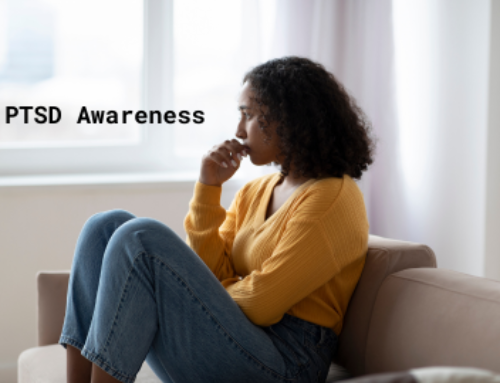Improving Memory, Part 2
In our first article on the subject, we spoke mainly about how diet can improve memory and decrease the likelihood of developing a degenerative brain disease. Today, we want to talk about non-dietary ways to improve one’s memory.
Losing one’s memory is so much more than not being able to remember where you put your keys. It’s forgetting elements of learned skills, or loss of those skills altogether. For instance, no longer being safe to drive is dangerous to others and can keep the sufferer from maintaining their lifestyle. Also, loss of memory affects relationships by eliminating experiences with that person and even elements of their personality from the sufferer’s mind.
By the time we are adults, our brains have grown many neural pathways that traverse different areas of the brain. We don’t know how many, but it’s in the millions. To retain and improve memory, these connections need to stay strong and keep multiplying. Like our muscles, our brain needs to work in order not to atrophy and lose at least a degree of function.
Neurobiologist Lawrence C. Katz, PhD coined the word “neurobics” in 1998 to describe useful brain exercises. To be a neurobic, an activity has to have these four elements:
- It’s rewarding, keeping one engaged and enjoying the activity while producing beneficial neurotransmitters like dopamine.
- The activity teaches the person something new, exercising the parts of the brain that form new memories and parse new experiences.
- The activity is challenging, requiring focus and thinking ahead.
- The activity will change and progress as the person practices it to stretch their abilities.
Neurobics don’t have to be difficult or take a long time. Keep it fun so it’ll stay interesting. Try these:
Explore trails in your area, then escalate by learning to identify the trees on your route.
Learn a new language using resources that work from you, whether that’s a free app or an in-person class.
Start gathering resources for a project, like spackling and painting your bathroom.
Play! From video games to chess to 1000-piece puzzles, games are a great way to strengthen your brain to maintain and improve memory.
Journal your thoughts, experiences, dreams, fears, goals, and anything you feel you should record.
You don’t have to do everything, but do what you can. This is your practice and your mind to shape and use. For more information on how the brain functions and to make appointments, contact us on our website any time or call (585) 442-6960.





